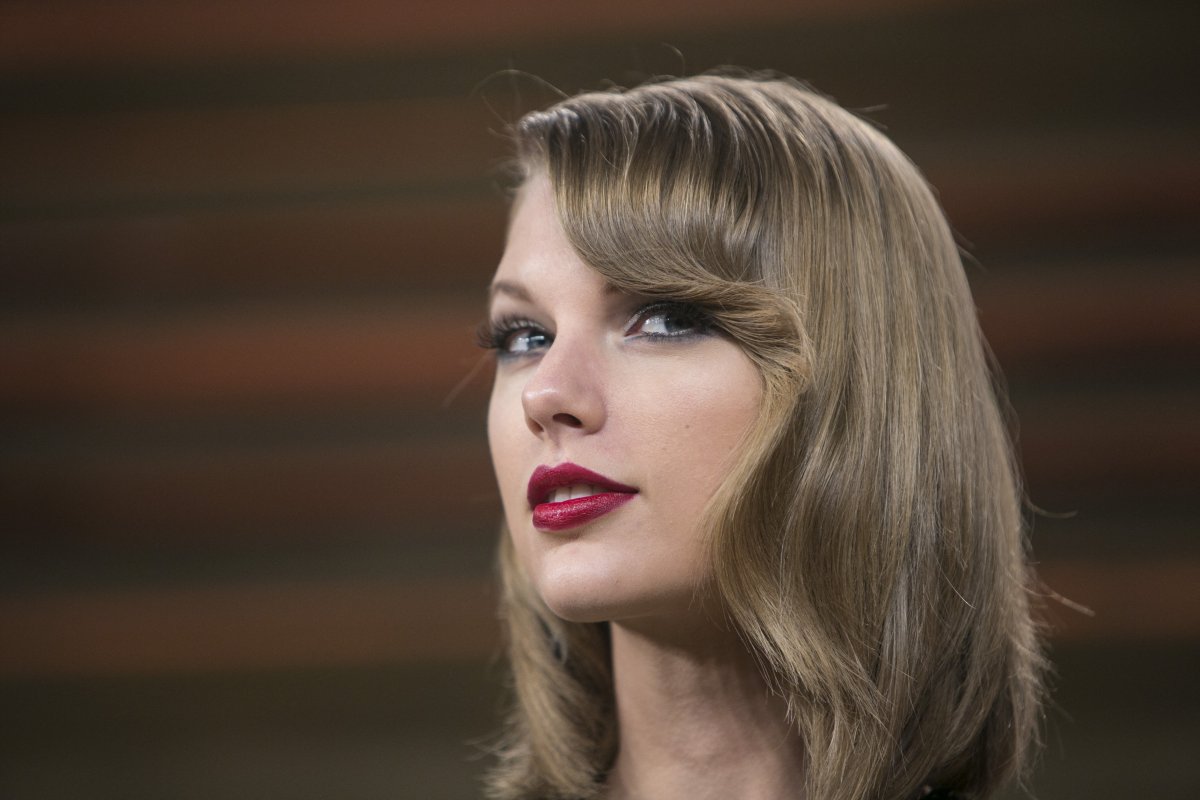In a world that often looks to celebrities for guidance on everything from fashion to political beliefs, we face a peculiar paradox. The recent criticisms of Taylor Swift for her silence on the war in Gaza highlight a broader issue: the unrealistic expectations we place on celebrities to be omniscient, infallible beacons of morality and knowledge. It's a topic worth delving into, not just for the sake of one pop star's reputation, but for what it reveals about our collective relationship with fame and responsibility.
Like many, I initially found myself disappointed in Swift's silence at the onset of a significant global crisis. There was a part of me that irrationally awaited her stance as if her words could sway the course of events. It's almost laughable now, reflecting on my brief boycott of her music in a moment of anger. But this sentiment wasn't unique to me; it was a widespread phenomenon, underscoring the intense scrutiny we subject celebrities to.
As time passed, my perspective evolved. The relentless demand for celebrities to comment on every injustice or conflict across the globe began to seem unreasonable. From the Darfur genocide to Alexei Navalny's murder, the list is endless. Where do we draw the line? When did we start expecting singers and actors to also be geopolitical analysts and human rights experts?
While many are quick to urge figures like Taylor Swift to lend their voices to critical global conversations, a concerning pattern emerges on the flip side: celebrities navigating the murky waters of complex debates with limited knowledge. Take, for instance, Billie Eilish's fashion choice at the Oscars—a red hand pin. This wasn't just any accessory; it's steeped in the harrowing history of the 2000 lynching and dismemberment of two Israelis. It begs the question: Was Eilish aware of the weighty story this symbol carries? This moment serves as a stark reminder of the nuanced balance celebrities must strike between advocacy and the profound responsibility of wielding a public platform, especially when it intersects with deeply sensitive historical and political narratives.

The celebrity culture in the United States, where public figures are elevated to almost divine status, plays a significant role in this phenomenon. They are seen as infallible, their opinions sacrosanct. This idolatry is not only unfair to the celebrities themselves, who are, after all, only human, but it also detracts from the voices of actual experts on these subjects. When we prioritize a celebrity's take over those with lived experience or specialized knowledge, we do a disservice to the complexity of these issues.
The gender dynamics at play cannot be ignored. Female celebrities, in particular, face disproportionate pressure to speak out, a reflection of broader societal expectations placed on women to be inherently nurturing or morally superior. Yet, when they do speak out, they're often subjected to more severe backlash than their male counterparts. This double standard reveals an unsettling undercurrent of sexism in our cultural discourse.
In an ideal world, celebrities could use their platforms to highlight important issues without the expectation that they'll provide all the answers. For instance, rather than issuing statements on every international incident, they could amplify the work of NGOs, activists, and experts who are directly involved. This approach not only acknowledges the limitations of their expertise but also redirects attention to those who are most knowledgeable.
As a society, we must reevaluate our obsession with celebrity culture and recognize the limitations of looking to entertainers for guidance on complex issues. This doesn't mean celebrities can't or shouldn't speak out on matters that affect them personally or on which they're well-informed. It's entirely appropriate for someone like Olivia Rodrigo to support pro-choice initiatives or for Taylor Swift to endorse political candidates in her home country. These actions stem from personal values and civic engagement, which are different from commenting on international conflicts without a deep understanding of the nuances involved.
In advocating for this nuanced approach, we're not suggesting celebrities should remain silent on all matters of public concern. Instead, we're calling for a shift in how we, as the public, perceive and react to their involvement in social and political issues. By adjusting our expectations, we can foster a healthier, more informed public discourse that prioritizes substance over the allure of star power.
Ultimately, the goal should be to create a more empathetic, informed society that values expertise and genuine activism over celebrity endorsements. By encouraging public figures to use their platforms responsibly and directing our attention to where they can make a real difference, we take a step toward a more nuanced understanding of global issues. This isn't just about relieving celebrities of undue burdens; it's about empowering all of us to seek out and elevate the voices that matter most.
Paula Kweskin is a human rights lawyer and founder of The Collective, a grassroots organization dedicated to promoting interfaith conversations about international women's rights issues.
The views expressed in this article are the writer's own.
Uncommon Knowledge
Newsweek is committed to challenging conventional wisdom and finding connections in the search for common ground.
Newsweek is committed to challenging conventional wisdom and finding connections in the search for common ground.
About the writer
To read how Newsweek uses AI as a newsroom tool, Click here.








